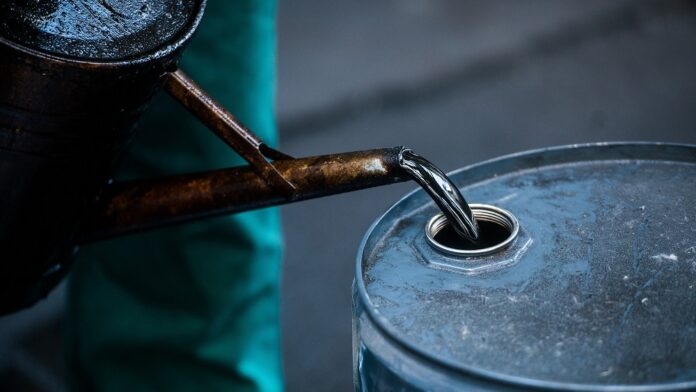PARIS: The International Energy Agency (IEA) trimmed its 2021 global oil demand forecast Tuesday as fresh coronavirus lockdowns cloud the outlook but said mass vaccination programmes should help bolster a second half rebound.
“Global oil demand is expected to recover by 5.5 million barrels per day (mbd) to 96.6 mbd in 2021, following an unprecedented collapse of 8.8 mbd in 2020,” the IEA said in its latest monthly report.
“For now, a resurgence in Covid-19 cases is slowing the rebound but a widespread vaccination effort and an acceleration in economic activity is expected to spur stronger growth in the second half of the year,” it said.
“This recovery mainly reflects the impact of fiscal and monetary support packages as well as the effectiveness of steps to resolve the pandemic,” it added.
The IEA said it now expected demand in the first quarter of this year to be 0.6 mbd less than previously forecast, with the full-year outcome revised down by 0.3 mbd.
On the supply side, the IEA said that after “falling by a record 6.6 mbd in 2020, world oil supply is set to rise by over 1.0 mbd this year.”
“There may be scope for higher growth given our expectations for further improvement in demand,” the IEA added.
It said that its forecasts assume that in the second half this year, OPEC+ — that is OPEC members plus non-cartel producers, principally Russia — will continue to rein in output, withholding 5.8 mbd of oil from the market in line with their April 2020 agreement.
The IEA noted that OPEC+ has recently adopted a more flexible stance and will be meeting regularly to assess output levels.
Oil prices have risen in recent weeks on hopes the global economy will get back on track later this year.
The IEA said these higher prices could “provide an incentive to increase production by the US shale industry, which saw the biggest fall in output last year.”
However, shale producers appear set to stick with promises to keep output largely flat so as not to jeopardise prices.
“If they stick to those plans, OPEC+ may start to reclaim the market share it has steadily lost to the US and others since 2016,” the IEA concluded.




